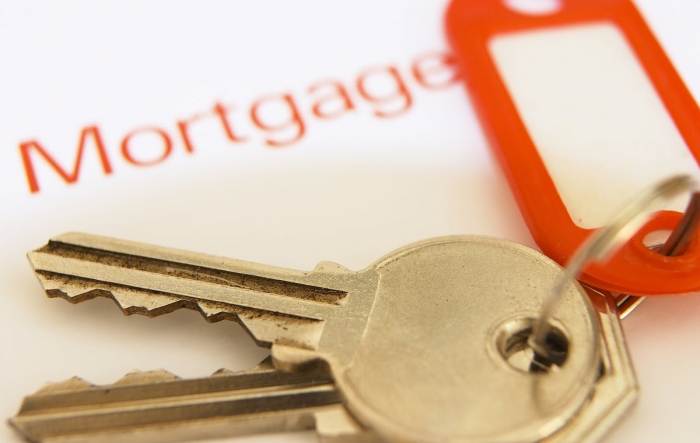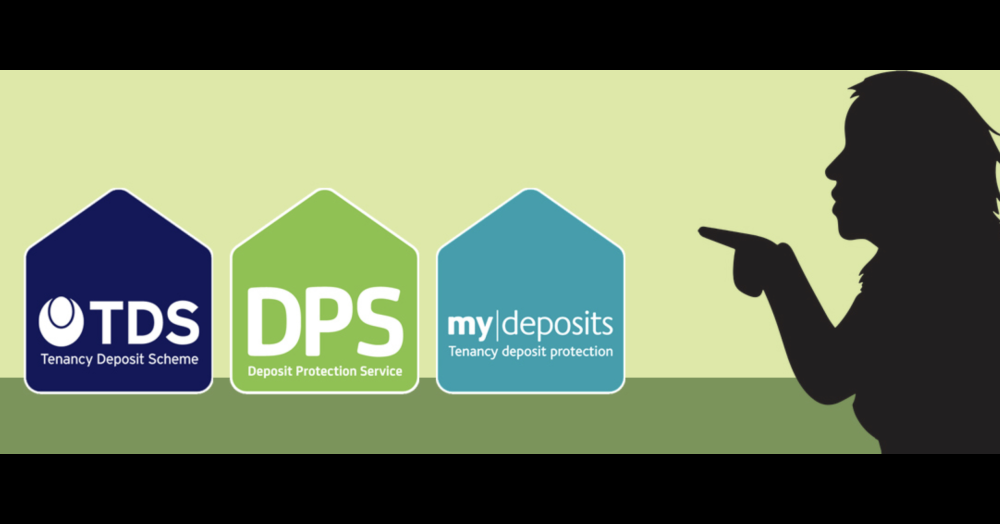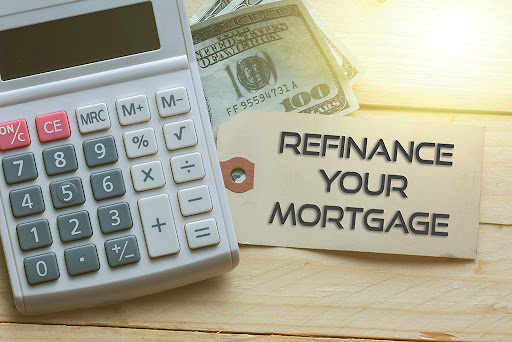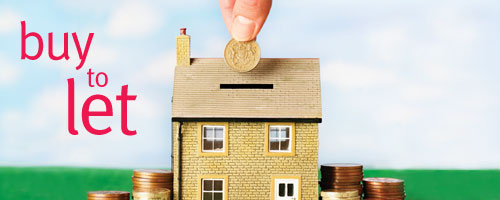When you get your first, mortgage, or when you decide to remortgage, there are a lot of different types and deals to choose from. It can get quite confusing. That’s why mortgageblogger.co.uk has put this guide together, explaining the different kinds of mortgages and mortgage rates.
Types of mortgage
There are two types of mortgage: interest-only and repayment.
If you have a repayment mortgage, you’ll repay some of the amount borrowed (the capital) plus the interest each month. When you reach the end of your mortgage, all of the capital will have been repaid, along with the interest accrued. This type of mortgage may be what you automatically think of when somebody talks about mortgages.
Interest-only mortgages are different. With this kind of mortgage, the payment you make each month only goes to pay off the interest accruing on your mortgage. The idea is that you pay into a different ‘repayment vehicle’ like a pension or ISA, and use the money in this to pay off the capital when you reach the end of your mortgage. Interest-only mortgages are rarer now: compared with the situation before the recession, lenders are much less willing to risk giving out money that doesn’t get repaid until the end of the mortgage.
Types of mortgage rates
When you’re taking out a mortgage or remortgaging, you’ll have a choice of a number of different kinds of interest rates, including:
- Fixed-rate mortgages, where your interest rate remains the same for the duration of your deal. The advantage of this is your interest rate will not rise if other interest rates do, but the disadvantage is it won’t drop if they drop either.
- Standard variable rate mortgage fluctuate along with the mortgage lender’s rate – which usually follows the Bank of England base rate. That means your monthly mortgage payment can go up, as well as down.
- Tracker rate mortgages are similar to standard variable rate ones. However, your interest rate will be set a certain amount above or below the Bank of England base rate (or other interest rate).
- Capped interest rate mortgages also ‘track’ a certain interest rate, but there is a ‘ceiling’ that it cannot increase past. This can give you a sense of security, as even if your interest rate rises it has to stop at a certain point.
Deciding what kind of mortgage is right for you can be a bit confusing. That’s why you should talk to a qualified mortgage adviser before you make any decisions.




